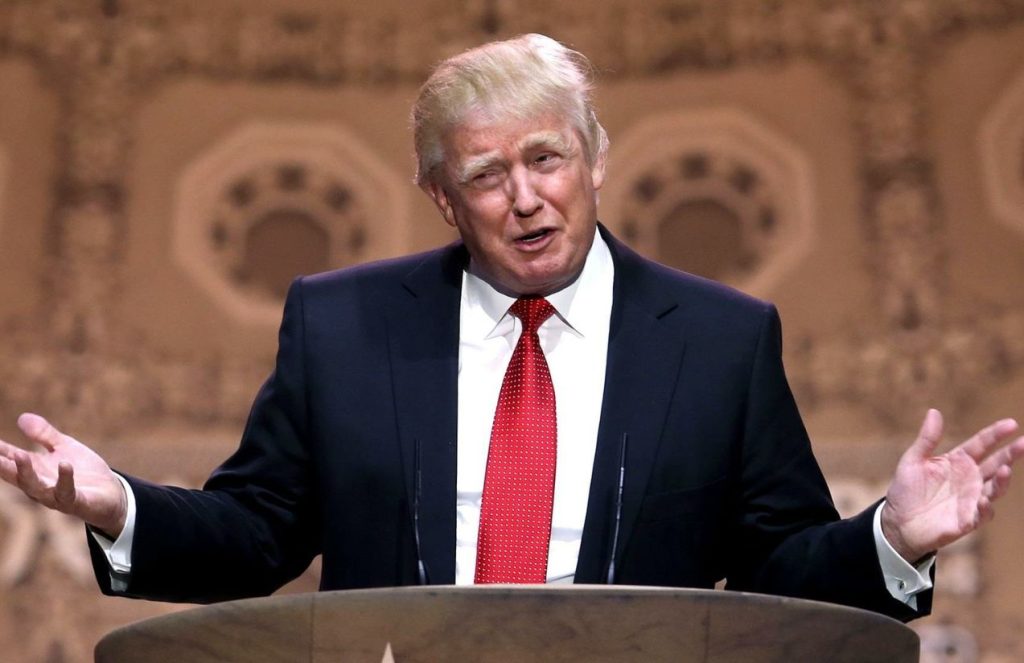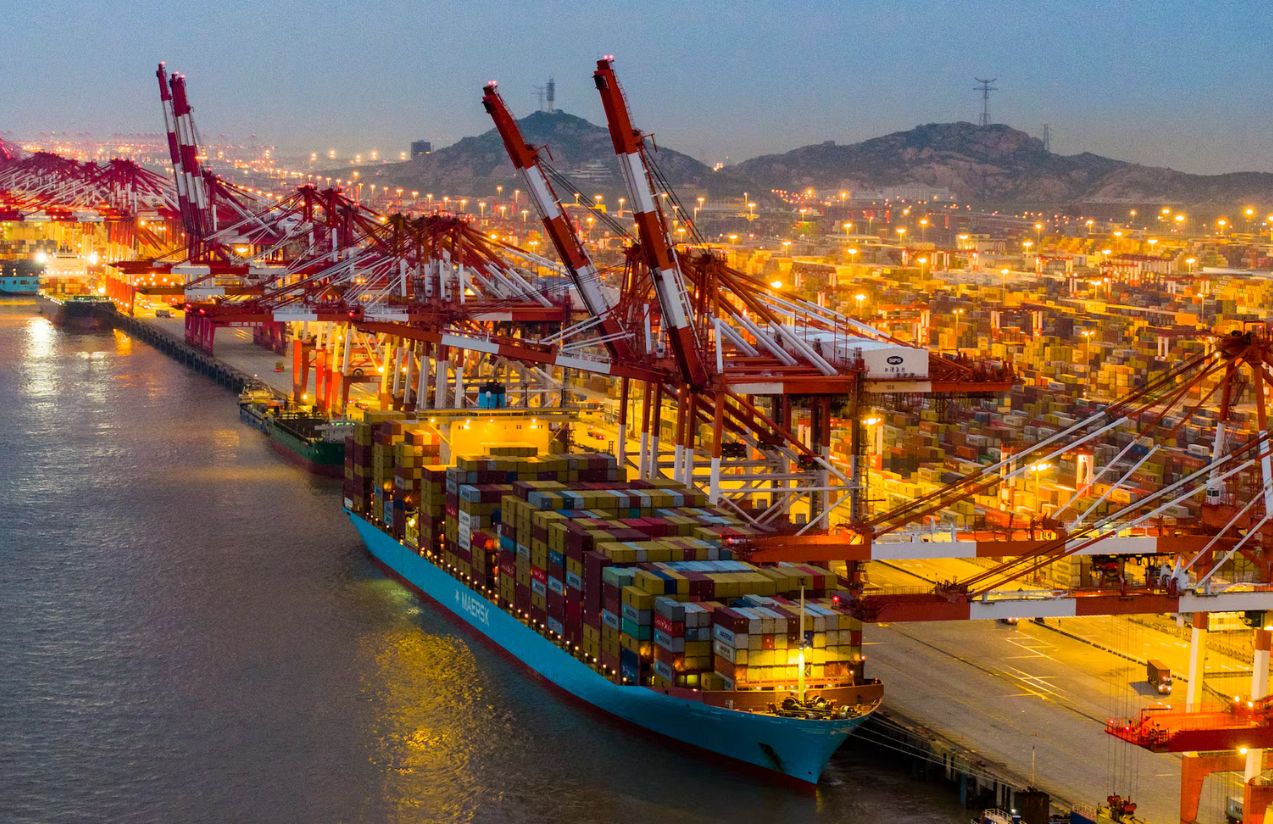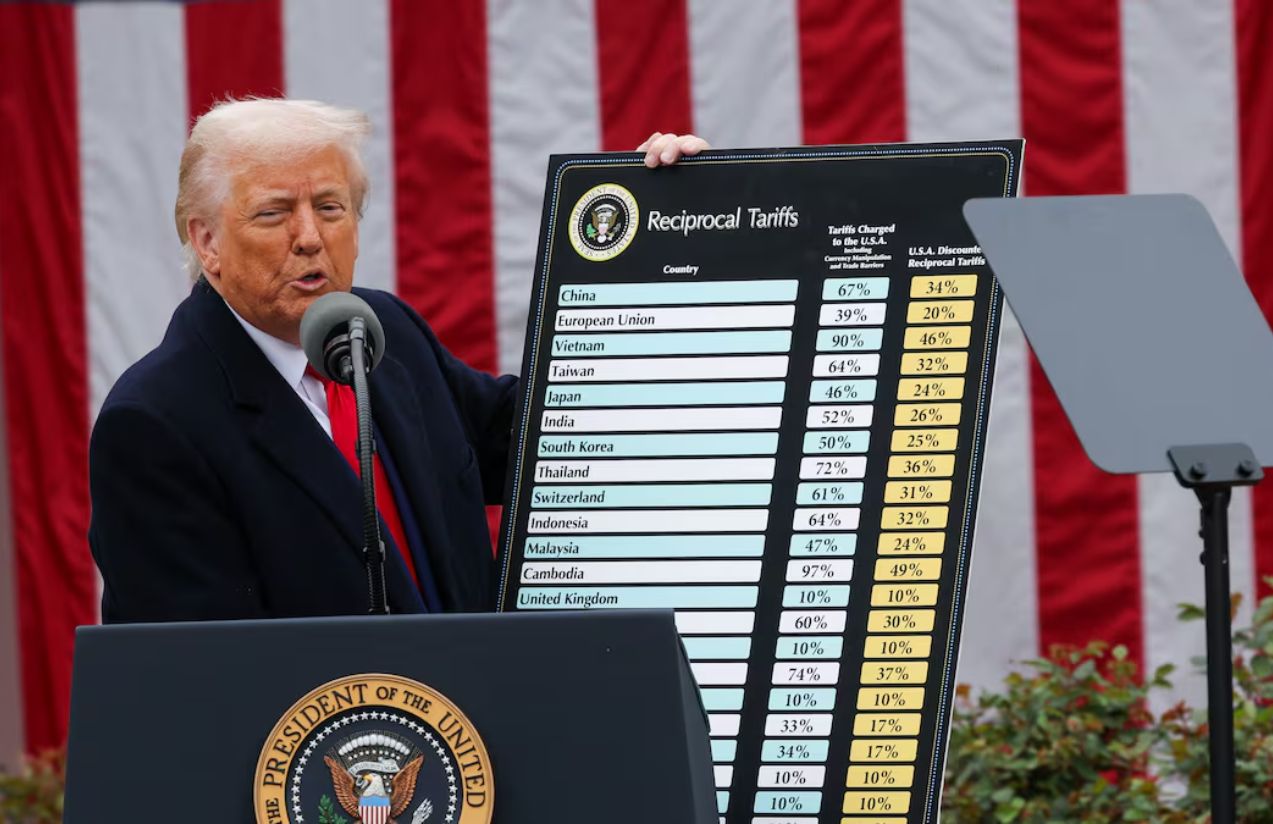The President of the United States, Donald Trump, has intensified his trade strategy by warning the European Union that it must fulfill a $600 billion investment commitment in the U.S., or face an increase in tariffs from the current 15% to 35%. The agreement reportedly includes strategic purchases in sectors like natural gas, oil, semiconductors, and defense.
This announcement comes just days after what has been dubbed the “Tariff Day,” when the U.S. government finalized new tariffs affecting over 60 countries. Trump made it clear that if Brussels fails to deliver the promised funds, he will not hesitate to impose the maximum tariffs allowed.
In addition, a progressive tariff plan has been unveiled for the pharmaceutical sector. It could start with reduced rates and escalate to as high as 250% if pharmaceutical companies do not relocate their manufacturing to the United States. Countries that export large quantities of medicine and medical supplies could be significantly affected.
With this move, Trump seeks to reduce trade deficits, fund tax cuts, and increase global economic pressure.

What will happen if the EU does not meet its investment commitments?
If Europe fails to meet the agreed targets, the U.S. will automatically raise tariffs to 35% on EU exports. This could trigger commercial retaliation, strain diplomatic relations, and negatively impact key industries such as automotive, energy, and technology. European companies could lose ground in the U.S. market, putting the stability of global trade at risk.






















